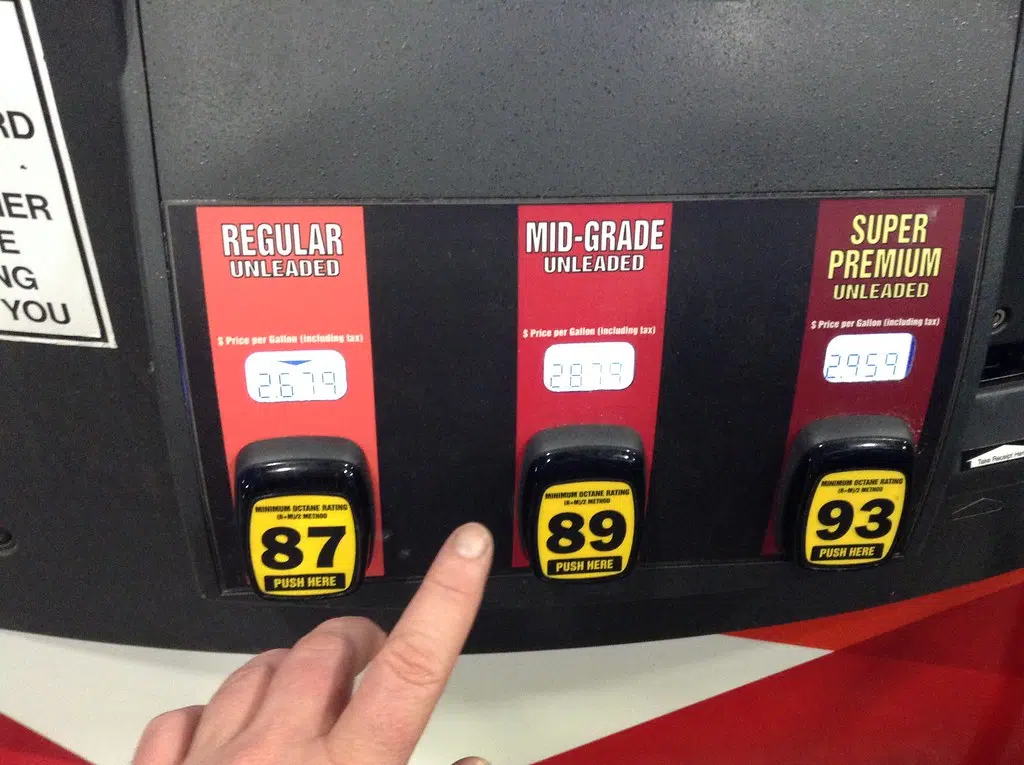It’s safe to say that not many Nova Scotians are eagerly awaiting the incoming Carbon tax.
On July 1st, every litre of gas purchased will include 14 cents of tax, giving Nova Scotia the highest increase as a result of the carbon tax in the country.
Franco Terrazzano is the Federal Director of the Canadian Taxpayers Association. He says that Nova Scotians will feel the financial impacts of the tax immediately.
“If you’re just looking at the increase, the Trudeau government’s carbon tax increase will cost about 10 bucks every time a family fuels up their minivan. So, this is a huge tax increase and it’s coming at probably the worst possible time,” said Terrazzano.
Canadians have already been struggling as a result of the ever-climbing cost of living. Terrazzano says the last thing we need is to pay more for gas. He also added that the pups aren’t the only place where we’ll be hit.
“[The carbon tax] will also make it more expensive to heat your homes during those winter months. And it’s also going to make it more expensive to go to grocery store. Because when the government increases costs for farmers, it means food becomes more expensive. When the government makes the big rig truck drivers pay more for diesel, that also makes it more expensive to transport the goods which makes it more expensive to buy the goods,” said Terrazzano.
With all the fuss over how expensive the carbon tax will be, it can be easy o forget why it was introduced in the first place; to put a price on pollution in an attempt to fight climate change.
Terrazzano, however, says that the carbon tax won’t even be able to do that. He says that on a global scale, Canada is responsible for a small portion of carbon emissions. In the most recent measurements from 2019, Canada was responsible for 1.5 percent of greenhouse gas emissions globally.
“Making it more expensive for Nova Scotians to fill up their grocery carts… does nothing to reduce emissions in China, Russia, India, or in the United States. What the government should be doing is looking at how we can develop more clean energy here in Canada and sell it around the world to replace dirtier forms of energy that’s being produced or consumed abroad,” said Terrazzano.






Comments